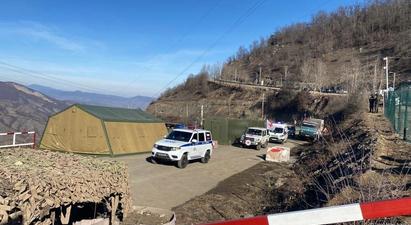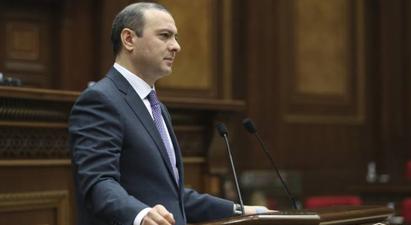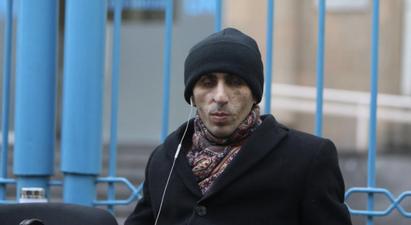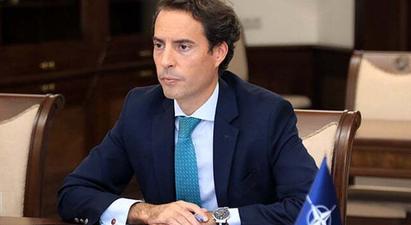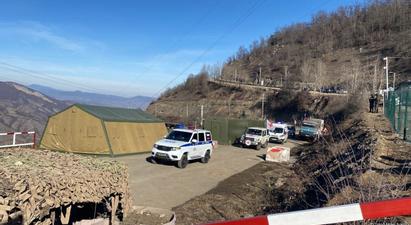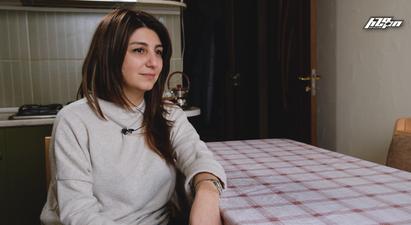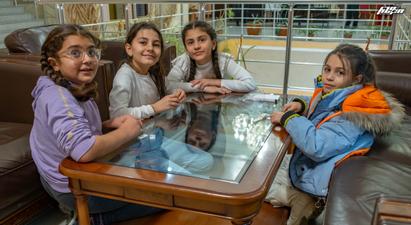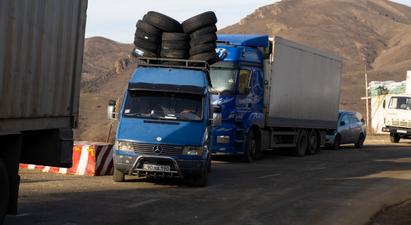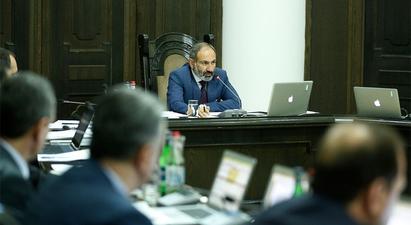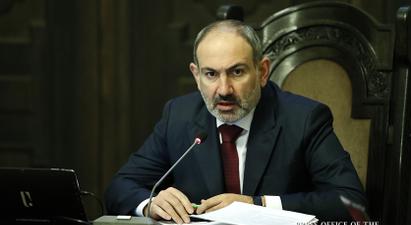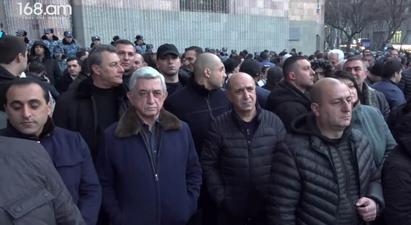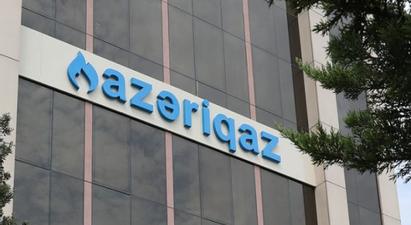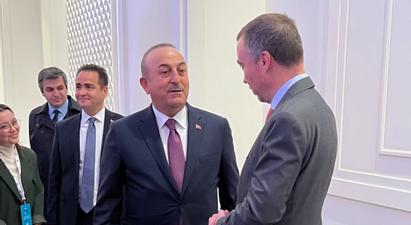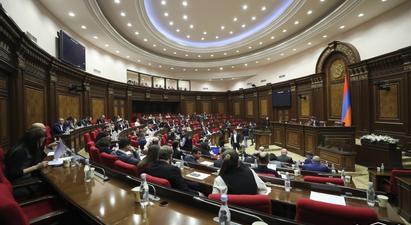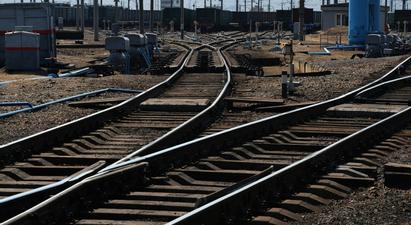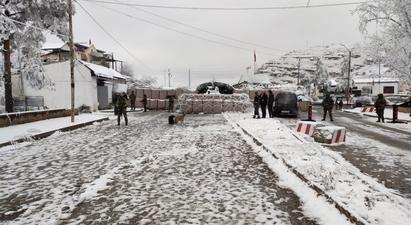Today, no patient from Artsakh was transferred to Armenia: In the videos that are being shared, most likely, they are the cars returning from Armenia
Today, a video is shared on Azerbaijani telegram channels, where emergency vehicles are seen moving accompanied by Red Cross vehicles.
"An ambulance accompanied by the Red Cross passed through the corridor of Lachin again," it is noted on the channels next to the video.
It should be reminded that yesterday a medical patient from Artsakh was transferred to Armenia through the mediation of the International Committee of the Red Cross, and a video was circulated where emergency aid and ICRC vehicles were seen.
Taking into account that a new video has been distributed, Infocom asked the Armenian office of the ICRC to find out if a new patient has been transferred from Artsakh to Yerevan. Zara Amatuni, head of communication programs of the ICRC in Armenia, said that after yesterday, no new patient was transferred from Artsakh to Armenia.
If we look carefully at the videos being shared, we will see that the location is the same in both, but in yesterday's video, the emergency aid and ICRC vehicles are moving in the same direction, and in today's video, they are moving in the opposite direction.
This is a screenshot from yesterday's video.
And this screenshot is from today's video.
Comparing the two photos, it becomes clear that this is the same section of the road, and the cars are going in opposite directions.
Taking into account that the vehicle registration plates of the three passing cars are the same, we can assume that the cars transported by the medical patient yesterday are returning to Armenia from Armenia through the corridor.
Anna Sahakyan
13:16 - 20 December, 2022
